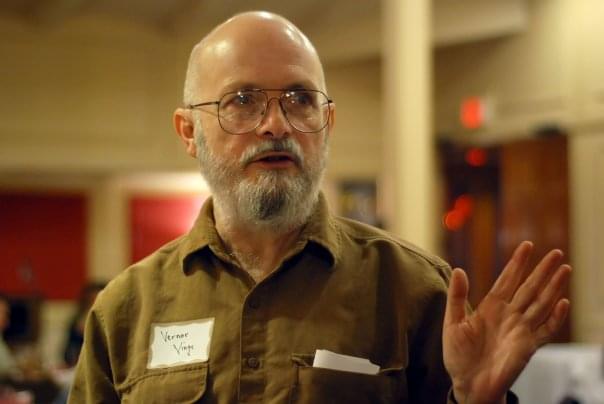Boston Dynamics gets into AI.
SEOUL/CAMBRIDGE, MA, August 12, 2022 – Hyundai Motor Group (the Group) today announced the launch of Boston Dynamics AI Institute (the Institute), with the goal of making fundamental advances in artificial intelligence (AI), robotics and intelligent machines. The Group and Boston Dynamics will make an initial investment of more than $400 million in the new Institute, which will be led by Marc Raibert, founder of Boston Dynamics.
As a research-first organization, the Institute will work on solving the most important and difficult challenges facing the creation of advanced robots. Elite talent across AI, robotics, computing, machine learning and engineering will develop technology for robots and use it to advance their capabilities and usefulness. The Institute’s culture is designed to combine the best features of university research labs with those of corporate development labs while working in four core technical areas: cognitive AI, athletic AI, organic hardware design as well as ethics and policy.
“Our mission is to create future generations of advanced robots and intelligent machines that are smarter, more agile, perceptive and safer than anything that exists today,” said Marc Raibert executive director of Boston Dynamics AI Institute. “The unique structure of the Institute — top talent focused on fundamental solutions with sustained funding and excellent technical support — will help us create robots that are easier to use, more productive, able to perform a wider variety of tasks, and that are safer working with people.”





